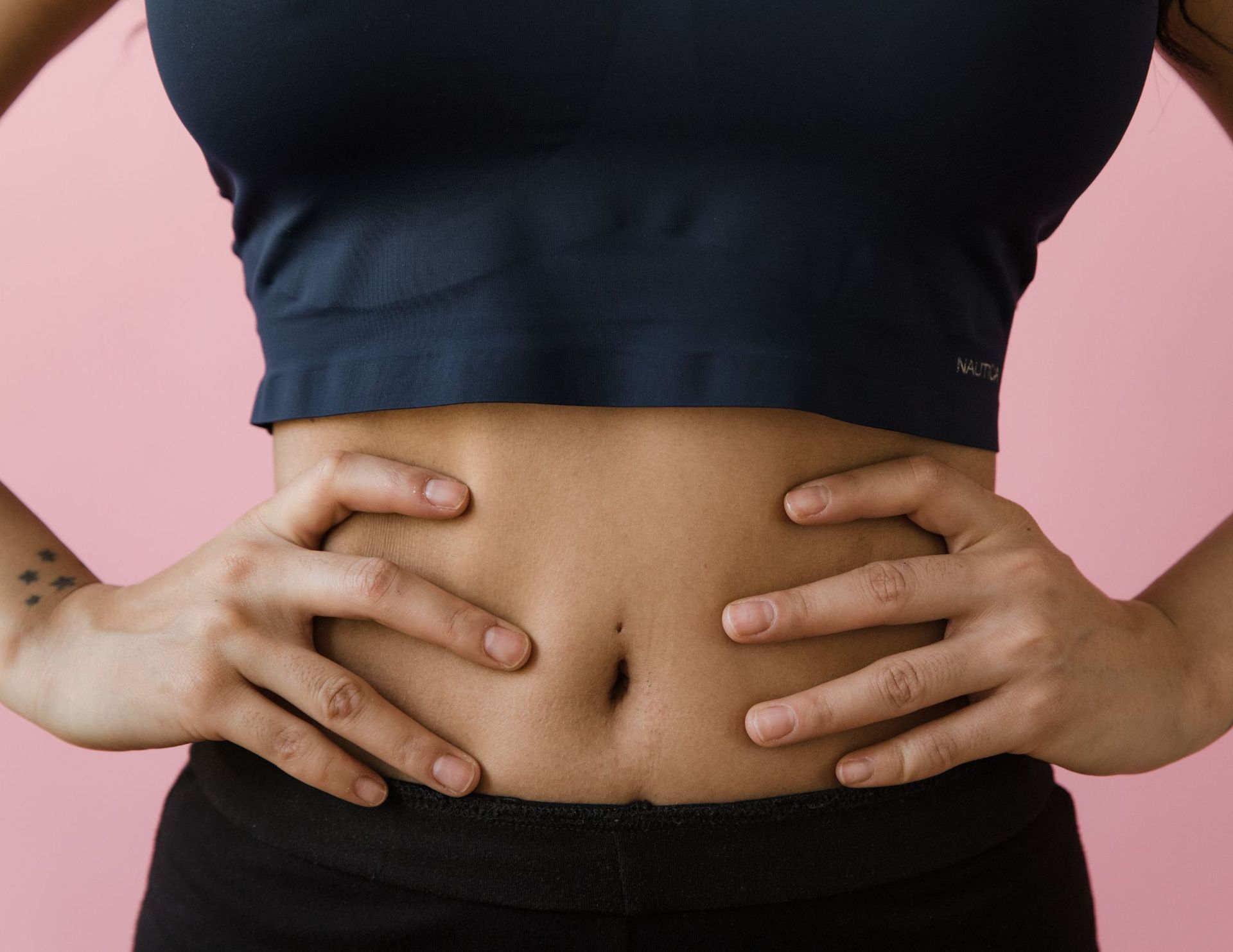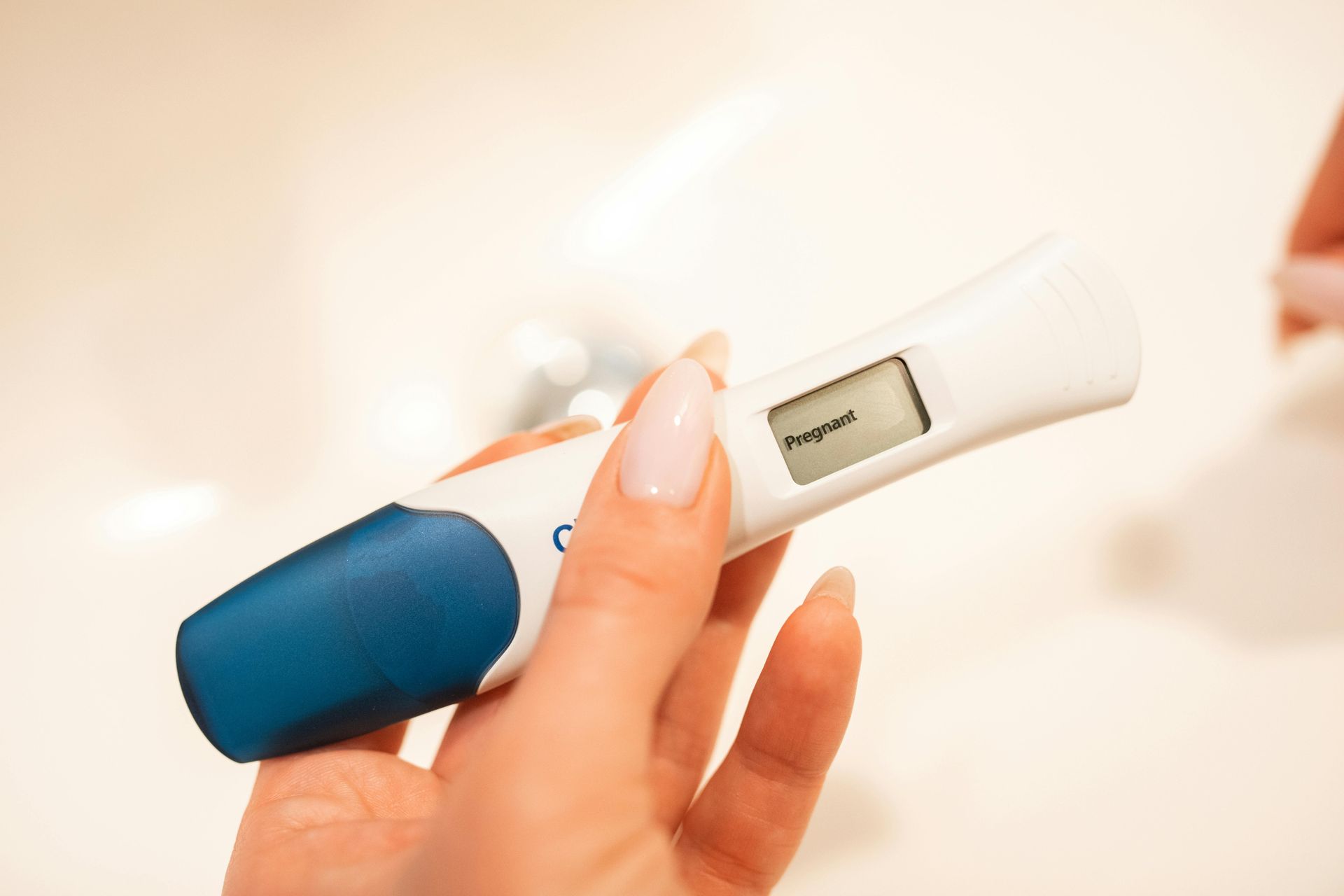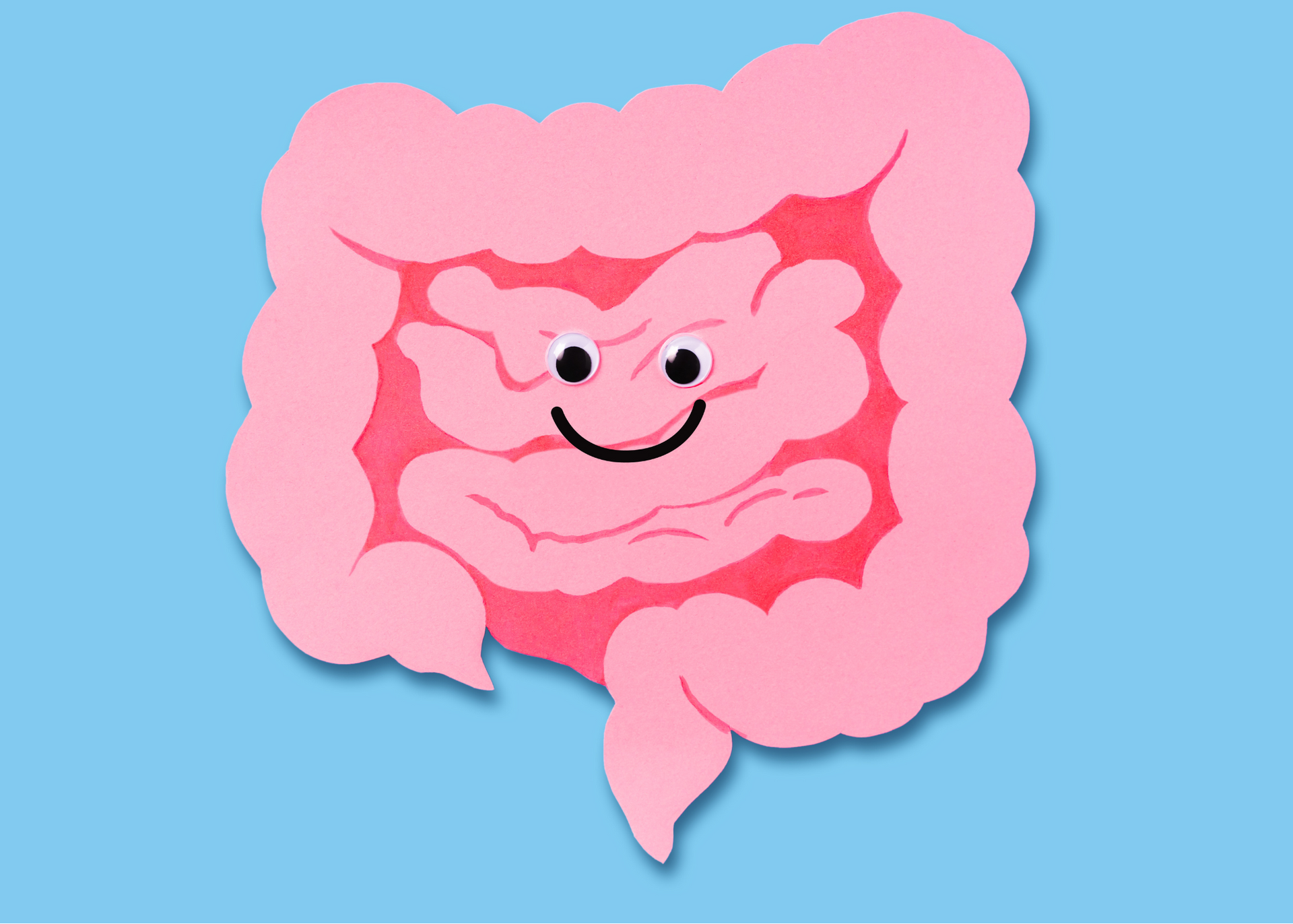Is Your Gut Healthy? Ask Yourself These Three Questions

Fifteen years ago, my digestive issues sparked my interest in gut health.
I was amazed that there were thousands of research studies showing connections between our gut and the health of our immune system, our skin, our brain, and more.
I was even more amazed that no one was talking about it!
Now gut health is a hot topic, and I’m glad.
Our gut health is at an all-time low because of antibiotics, processed food, high stress levels, pesticides, antibacterial soaps, and other gut damaging factors that are so prevalent in the modern world.
If you’re unsure about your own gut health, start by asking yourself these three important questions.
1. Is your gut sealed tight?
Leaky gut, also known as intestinal permeability, is a condition where the lining of the small intestine becomes “leakier” than usual.
Under normal circumstances, the intestinal lining acts as a barrier, controlling what stays in the gut and what is allowed to leave the gut and enter your bloodstream.
When the intestinal lining isn’t sealed tight, larger particles like undigested food, toxins, and bacteria can "leak" through the intestinal wall and enter the bloodstream.
This can trigger an immune response, lead to inflammation and contribute to a range of health issues.
There are many triggers for leaky gut, including:
- Excess intake of artificial colors, gums, additives and preservatives
- High intake of gluten
- Too much sugar or processed foods
- Drinking alcohol
- High stress levels
- Antibiotic use
- Taking NSAIDs (Motrin, Advil, etc.)
- Pesticide exposure
If multiple triggers on the list are ringing a bell, you’re at an increased risk for leaky gut.
Common symptoms of leaky gut include:
- Constipation/diarrhea
- Stomach pain
- Excessive gas
- Bloating
- Brain fog
- Low energy
- Undigested food in your stool
- Food allergies/sensitivities

2. How is your gut motility?
Motility, the speed at which food moves through our gut, is a key indicator of gut health.
Slow motility and fast motility are both telltale signs of poor gut health.
A lot of women are constipated because of slow motility and they don’t even know it.
So many women I’ve worked with told me constipation wasn’t a problem when we first started working together.
But once I asked them more questions around bathroom habits, they discovered they were.
I’m never surprised - studies show women experience
twice as much constipation as men, and researchers estimate that millions of women struggle from constipation.
So how can you tell if you’re constipated?
You should be having one to three well-formed bowel movements every day, and they should feel easy to pass with no straining or pain.
Signs of constipation include:
- Not having a bowel movement daily
- Straining during bowel movements
- Hard stools and/or stools that looks like small pellets
- Pain when having a bowel movement
- A sensation of incomplete evacuation (like you want to go more but you can’t)
On the other hand, loose stools/diarrhea or urgently rushing to the bathroom are signs of fast motility.
If food moves through our gut too fast, we’re unable to extract nutrients from the food. We’re also unable to absorb enough water (which is why stools become loose and watery) which leads to chronic dehydration and low electrolytes.
Food should move through our gut at a normal rate, a motility “sweet spot” if you will.
3. Is your gut microbiome balanced?
The gut microbiome consists of trillions of bacteria, viruses, fungi, and other microbes that live in your digestive tract.
This ecosystem of microbes needs to be in balance so that all the cool things connected to good gut health can happen.
A balanced microbiome allows us to digest and extract nutrients, it gives us a strong immune system, it improves our mood, helps us sleep better, speeds up our metabolism, gives us healthy skin, and balances our hormones.
Unfortunately a lot of us
don’t
have balanced microbiomes.
Processed foods, sugar, antibiotics, stress, sleep deprivation, and other lifestyle factors can create imbalances in our gut microbiome.
So how do you know if your microbiome is balanced?
An imbalanced microbiome can manifest in many ways, but there are common signs and symptoms to look out for. These include:
- Bloating
- Gas
- Constipation or diarrhea (or alternating between the two)
- Food intolerances
- Getting sick frequently or struggling to recover from illness
- Mood swings or changes to your mental health
- Unexplained fatigue or low energy
- Acne
- Weight gain
A balanced microbiome is associated with optimal health and well-being.
Signs that your gut microbiome is balanced and happy include:
- Having consistently well-formed, daily bowel movements
- Minimal bloating or gas
- Balanced, stable mood
- Rarely getting sick and recovering quickly
- Maintaining a healthy weight for your body, without extreme fluctuations
- Consistent, steady energy levels

Testing - a good next step
It's important to recognize everyone is unique and differences are perfectly normal.
If you have concerns about your gut health, consulting with a professional can provide you with personalized insights and recommendations.
If you’ve been following the tips in this blog post [link to blog] and still find yourself struggling with uncomfortable symptoms, it might be time to consider testing.
Stool testing and breath testing are excellent ways to pinpoint underlying reasons for your gut issues.
Stool testing can reveal a lot about what’s going on in your gut, including bacterial imbalances, yeast overgrowth, parasites, viruses, how your gut's immune system is doing, your digestive capacity, inflammation, and issues like "leaky gut".
On the other hand, breath testing is the gold standard for identifying small intestinal bacterial overgrowth (SIBO), which can be behind a range of symptoms like bloating, gas, constipation, diarrhea, histamine intolerance, and even skin conditions like eczema and rosacea.
I use information from these
tests to craft personalized nutrition, lifestyle and supplement plans to bring your gut back to a healthy and balanced state.
Continue Reading













